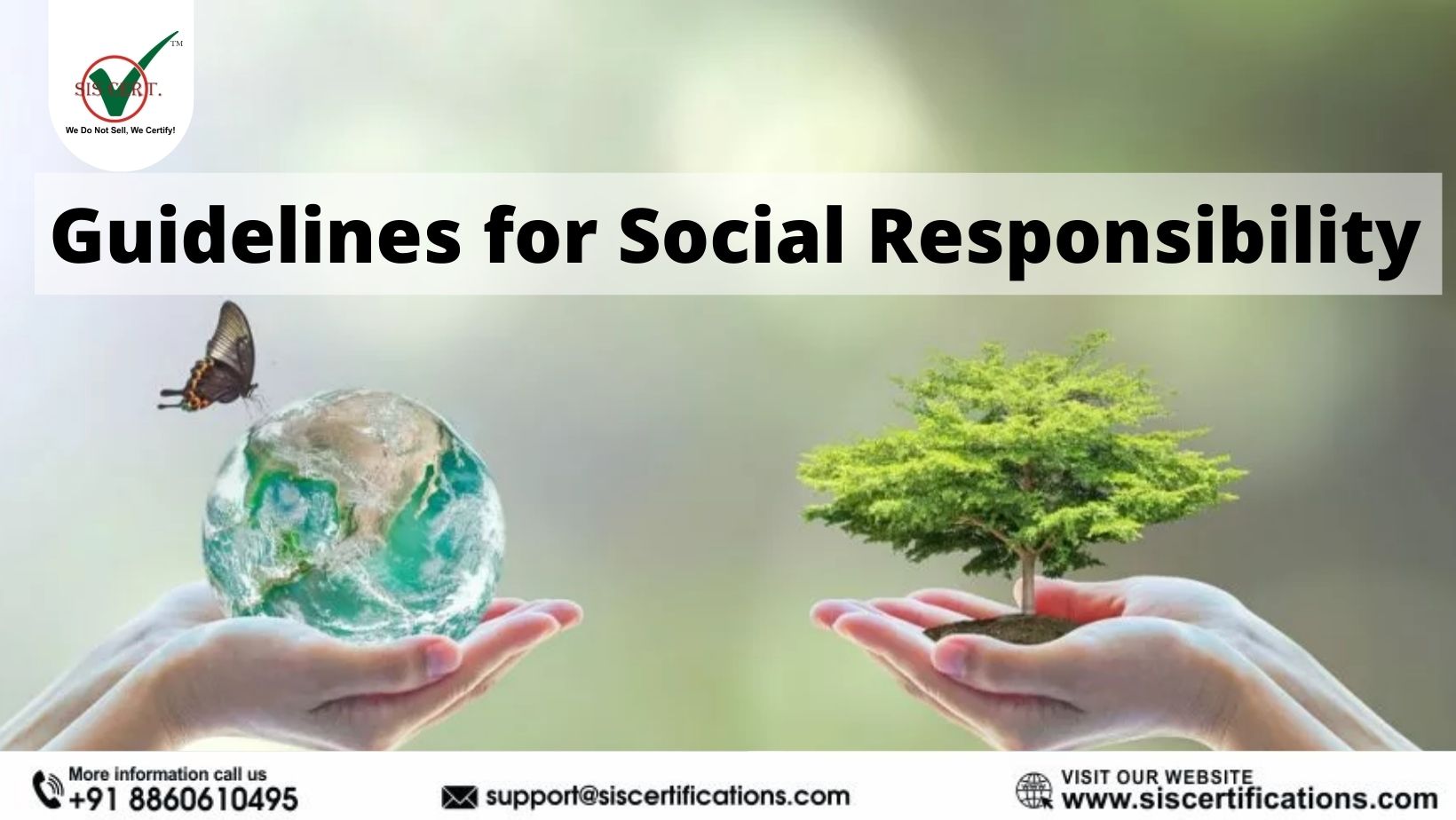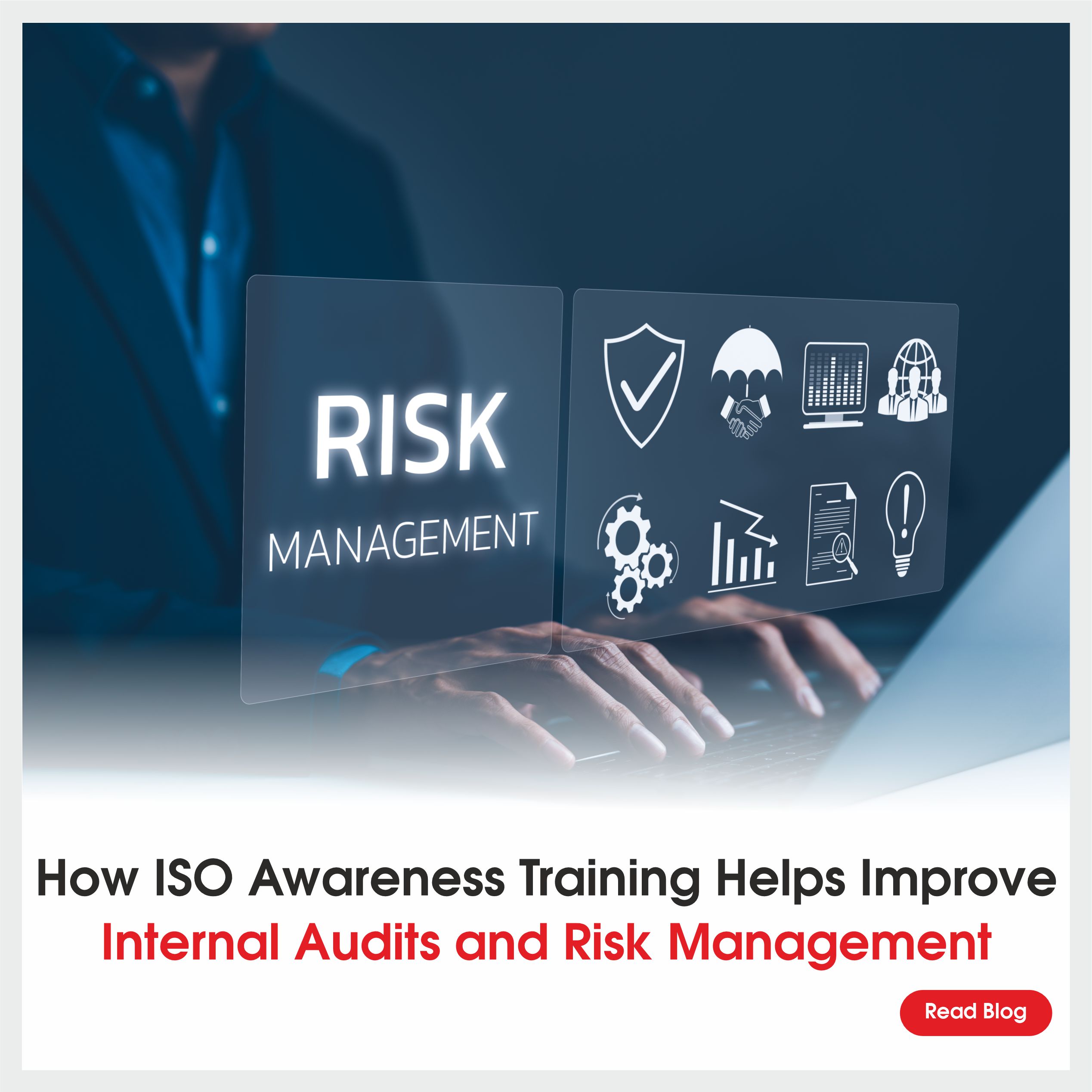Social responsibility is an ethical theory that motivates organizations to work in a balanced way. It suggests that an organization should focus on development, but at the same time, it should act responsibly for society. Profit generation is significant for an organization, but its actions should positively affect society and the world.
What is ISO 26000 Certification?
ISO 26000 is an internationally accredited standard for Social Responsibility. It is not a management standard but guides the organization on social responsibility. The ISO 26000 standard supports and promotes Sustainable development, as it motivates the organizations to consider the impacts of their operations on the wider social issues and environment.
ISO 26000 is an international standard to help organizations effectively assess and address social responsibilities that are relevant and significant to their mission and vision, operations and processes, customers, employees, communities and other stakeholders and environmental impact. It also includes very small organizations, also known as Micro organizations.
ISO 26000 standards work on seven principles. These are:⮯
Principle 1: Accountability
Principle 2: Transparency
Principle 3: Ethical behaviour
Principle 4: Respect for stakeholder interests
Principle 5: Respect for the rule of law
Principle 6: Respect for international norms of behaviour
Principle 7: Respect for human rights
Benefits of the ISO 26000 Certification ⮯
It demonstrates that your organization is concerned about social issues and the environment and builds customer’s trust and confidence in your goods and services.
ISO 26000 standards can benefit an organization in the following ways:
- Secures a good impression and a better reputation in the market.
- Offers a competitive edge and access to the global market
- Complies with all the local, national and international laws and regulations and existing ISO standards that promote responsible business operations.
- ISO 26000 standards help organizations to implement effective tools to address social responsibility.
- An ISO 26000 standard demonstrates your organization’s commitment to the environment and society. It considers environmental, legal, political and organizational diversity.
Leverages your organization and improves the relationship with organizations, governments and communities where it operates.
Guidelines for Social Responsibility ⮯
Cost of ISO 26000 certification ⮯
The cost of ISO 26000 Certification varies from organization to organization. ISO 26000 standards apply to any organization, large and small, irrespective of the size, nature and location.
The cost of an ISO 26000 Certification depends on many factors, such as:
a. Size of your organization,
b. The number of employees in your organization,
c. Location of your organization,
d. The number of branches your organization has and many others.
The cost of ISO 26000 certifications also depends on the Certification body you choose.
ISO 26000 certification in India ⮯
SIS Certifications is the leading ISO Certification body in India. SIS Certifications have trusted clients in over 30 countries and operational offices in over 10 countries. It is a trusted certification body accredited by IAS, IAF and IAOS.
SIS Certifications is a dedicated team of auditors and technical experts committed to helping you manage risks and access the global market.
Conclusion ✅
The ISO 26000 certification is an internationally accredited standard for Social responsibility. It provides a framework for developing tools and practices to address and assess social responsibilities. It is a holistic standard which guides organizations to consider their social and environmental impacts. It promotes the use of fair and just practices and aligns organizational objectives with ISO 26000 standards. It works on seven principles and promotes equitable growth.




